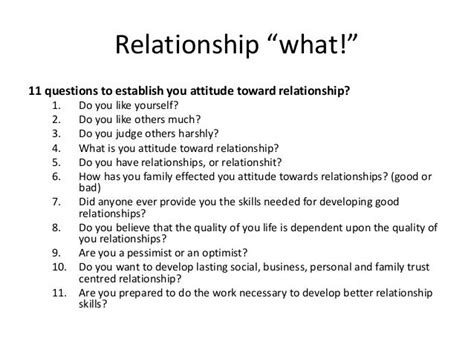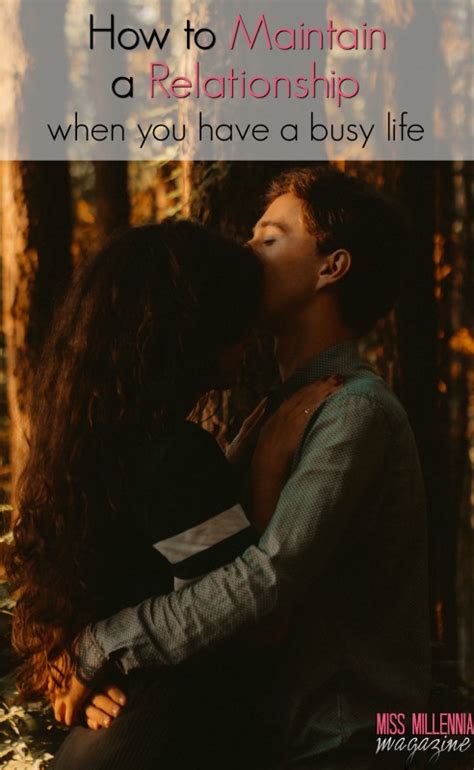The landscape of male friendships is often rich with deep bonds, loyalty, and mutual support, yet the way men express care within these relationships frequently operates under a set of unspoken rules. These subtle guidelines contrast sharply with the more overt and emotionally explicit expectations that typically define romantic partnerships. Understanding these implicit expectations is key to appreciating the unique dynamics of male platonic bonds and recognizing the profound ways men show up for each other, even without saying a word.
The “Bro Code” and Action-Oriented Care
One of the most defining characteristics of care in male platonic friendships is its action-oriented nature. While women’s friendships often involve extensive verbal processing of emotions and deep conversations, men frequently demonstrate their support through practical gestures. This might involve helping a friend move, offering a ride, providing a listening ear without unsolicited advice, or simply being present during a difficult time. The “bro code,” though often caricatured, encapsulates a set of implicit understandings around loyalty, respect, and tangible assistance.

These actions speak louder than words, serving as a powerful, non-verbal affirmation of care. A friend might not say, “I’m here for you emotionally,” but rather show up with a toolbox when you have a broken pipe, or buy you a beer after a tough week. This isn’t to say emotional support is absent, but it’s often couched within shared activities or delivered with a more stoic, problem-solving approach rather than an exploratory emotional dialogue.
Vulnerability and Emotional Expression: A Different Standard
In romantic partnerships, there’s a strong expectation for emotional vulnerability and explicit verbal communication of feelings. Partners are often encouraged to share their deepest fears, articulate their love, and openly discuss their emotional states. This level of emotional transparency is generally not the default in male platonic friendships. While close male friends can and do share vulnerabilities, it’s often done with a different cadence and less explicit emotional language.

The unspoken expectation might be to “man up” or to find strength in resilience, rather than to dwell overtly on emotional pain. This isn’t a sign of indifference, but rather a culturally ingrained way of coping and supporting. A friend might show care by diverting attention through humor, offering a distraction, or validating feelings through shared experience, rather than prompting a detailed emotional breakdown. The implicit understanding is that strength is shown in carrying on, and support comes in facilitating that strength.
Shared Activities as the Language of Connection
For many men, shared activities form the bedrock of their platonic connections and are primary vehicles for expressing care and building intimacy. Whether it’s playing sports, working on a project, attending a concert, or simply grabbing a meal, these shared experiences create a context for bonding that transcends purely verbal communication. The act of “doing something together” often becomes the most significant way to spend time, maintain connection, and offer support.

In these moments, unspoken care is exchanged through camaraderie, inside jokes, and a shared sense of purpose. A friend might not say, “I miss you,” but will initiate a golf game. This ritualistic engagement reinforces the bond and serves as an ongoing testament to their value for each other.
Navigating the Lines: Friendships vs. Romance
The distinction between how care is shown in male platonic friendships versus romantic partnerships highlights the different needs and expectations within each relationship type. Romantic relationships often demand a continuous, explicit articulation of affection, commitment, and emotional availability to foster deep intimacy. Friendships, particularly among men, often thrive on a more understated, consistent presence and a reciprocal exchange of practical, loyal support.

These unspoken expectations are not inherent flaws but rather reflections of societal norms around masculinity and friendship. While there’s a growing movement towards encouraging greater emotional openness among men, the deeply ingrained patterns of how care is expressed within platonic bonds continue to hold significant sway. Recognizing these patterns allows for a deeper appreciation of the subtle, yet powerful, ways men nurture and sustain their friendships.

Ultimately, the unspoken expectations guiding how men show care in platonic friendships underscore a nuanced understanding of loyalty, resilience, and practical support. While differing from the emotional landscapes of romantic relationships, these bonds are no less vital or profound, demonstrating a powerful form of connection that values presence, action, and an implicit mutual understanding.



